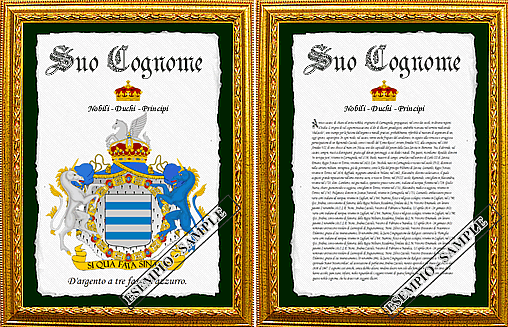All decidedly Sardinian, Pulega, quite rare, is typical of western Sardinia, Puliga, decidedly more widespread, has strains in Sassari, San Vero Milis, Nughedu Santa Vittoria and Narbolia in Oristanese, Carbonia and Iglesias and Settimo San Pietro and Sinnai in Cagliaritano, with good presences also in Gallura, could derive from nicknames originated from the Sardinian word Pulega Archaic (coot, sea Bird), corresponding to the dialect term Puliga with the same meaning. Integrations provided by Giuseppe Concas PULIGA: Pulica, in the central dialects, clean in log. Like in camp. It is the coot from the Latin fulica = coot. The presence in Sardinia of the "P" instead of "F" is justified by the fact that the coot in Sardinian is also called "Pudda" de mari, and, here in Campidano, Puìga. The voice is also present as surname in the ancient documents of the Sardinian language and history. Among the signatories of the Peace of Eleanor, LPDE of 1388, are: Puliga Agustino, Jurato (collaborator of the Maiore, who was the administrator of Justice = Mayor) Ville Gemussi. * Gemussi, a vanished village, also called Gamussi or Genusi, in the agro of Simala. As villa, it belonged to the Curadorìa or part Montis or Montangia, in the judicial realm of Arborea; Clean bariare, Jurato ville Gemussi; Furato clean, Jurato ville Gemussi; Puligas Murrono, Jurato ville Siilì, * Siilì... Today's Silì (fraction of the municipality of Oristano). Campitani contrate Simagis; Puligha Francisco, Jurato ville Bauladu, * Bauladu... Today's Bauladu (Contrate Partis de Milis); Puligha Joanne, Ville Ecclesiarum; Shining Puligha, Ville Ecclesiarum; Puligha Petro, Ville Ecclesiarum; Puligha Vincencio, Ville Ecclesiarum (in the Codex diplomaticus Villae Ecclesiarum by Carlo Baudi of Vesme, reads at chap. CXXIX – 1388, 9, 14 and 24 January... Et ego ludovicus de Nelli pelliparius, Civis et habitator terre et Ville ecclesiarum, our own appointments, et ut sindicus, actor et Procurator Universitatis Terre et Ville ecclesiarum, eurocratic plenam et legitimam potestatem subscripta faciendi, Similem et fella Qualem habent sindici, actores et procuratores universitatis civitatis Sasseri smemorate... Seu a Iohanne Formentino Capitaneo et camerlengo terre Ville Ecclesiarum
Buy a heraldic document with your coat of arms
You may be interested
 Nobles: España (Cerdeña)
Nobles: España (Cerdeña) Nobles: Italia (Sardegna)
Nobles: Italia (Sardegna) Nobles: Italia
Nobles: Italia Verba Volant, Scripta Manent
